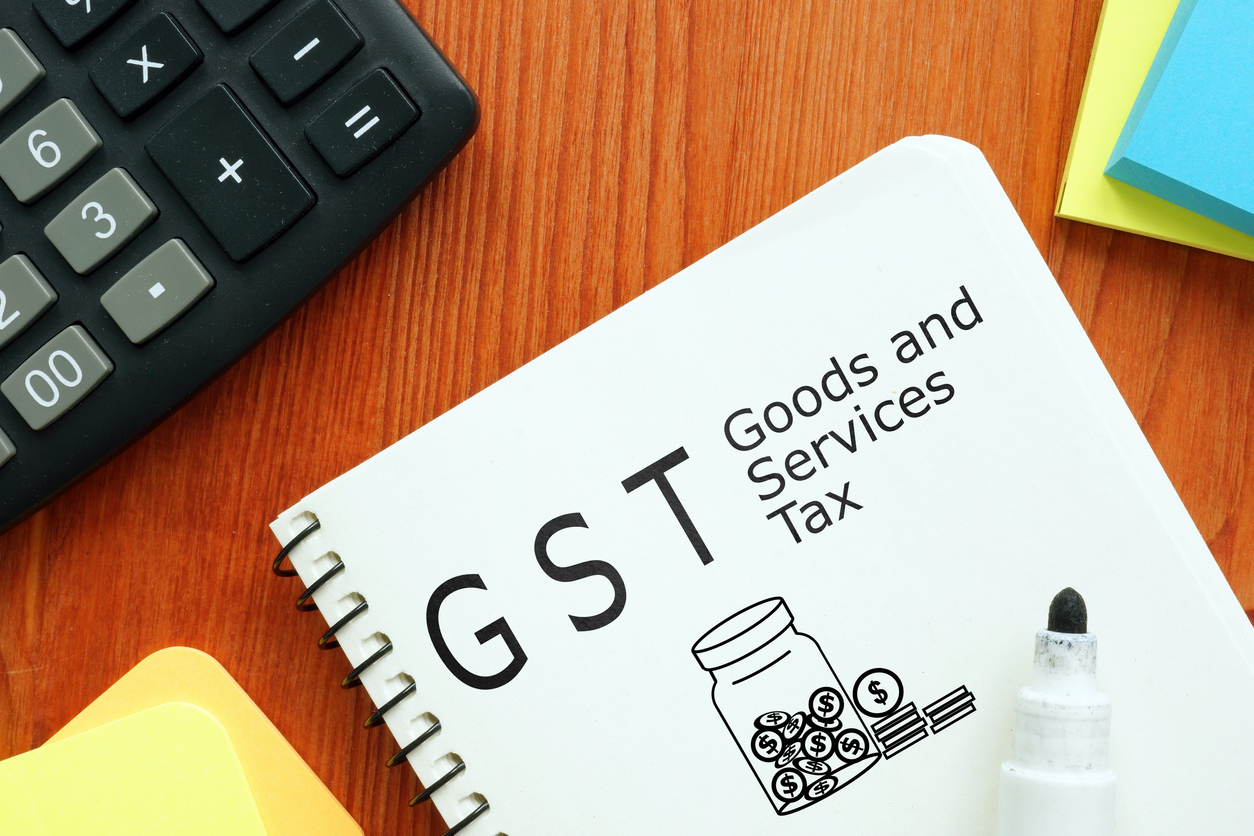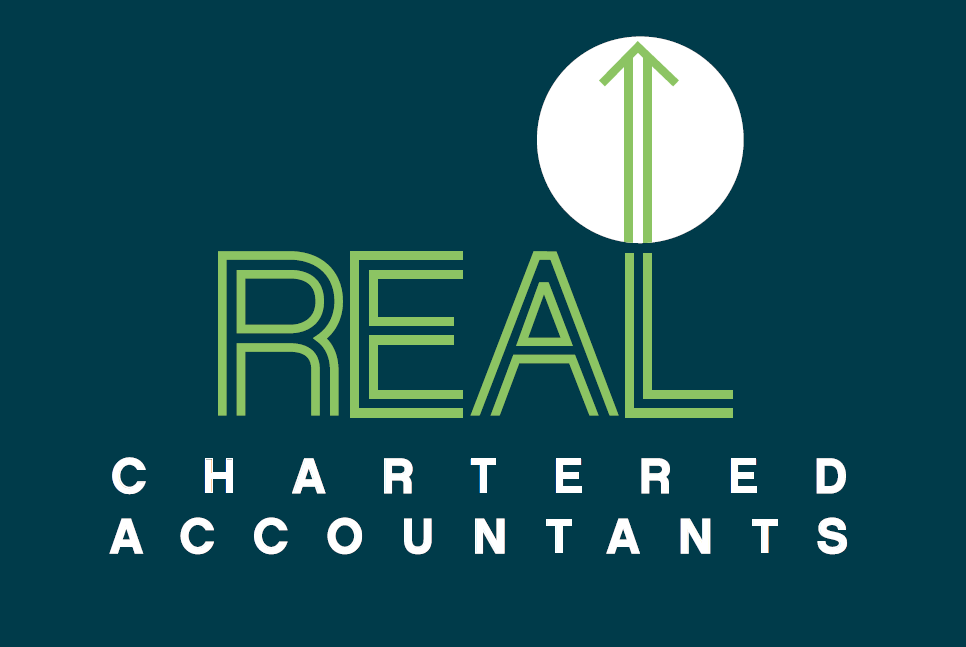NEWS
Changes to GST Tax Invoice Rules

Keeping GST records is about to get easier.
New laws introduced by the Government, taking effect on 1 April 2023, have modernised the GST rules for invoicing and record keeping.
The requirement to use tax invoices is being replaced by a more general requirement to provide and keep certain records known as ‘taxable supply information’.
You can find more information in the handy online tool in the accordion below - under 'Taxable supply information (currently called tax invoices)'.
NEW TERMS
New terms will come into effect.
|
Old term |
New term |
|---|---|
|
Tax invoice |
Taxable supply information |
|
Debit note/credit note |
Supply correction information |
|
Buyer-created tax invoice |
Buyer-created taxable supply information |
The definition of taxable supplies has not changed.
'Taxable supply information' refers to the minimum set of information buyers and sellers need to keep as evidence of a transaction.
Taxable supply information includes tax invoices, but it can also include information held in other forms, such as supplier agreements, contracts, and bank statements.
Sellers can provide taxable supply information to a customer using an automated direct exchange between the buyer's and seller's software, for example PEPPOL eInvoicing:
The taxable supply information you need to provide or keep depends on the value and the type of supply. You can find more information in the handy online tool under ''Taxable supply information (currently called tax invoices)'.
SPECIAL WORDING NOT REQUIRED
Currently, a valid tax invoice must include the words 'tax invoice' in a prominent place.
You will not need to change the wording of the GST documents your business uses to reflect the new terms. For example, you may continue to provide taxable supply information in a single document marked as a 'tax invoice', however you are not required to include this wording when providing taxable supply information.
TAXABLE SUPPLY INFORMATION = TAX INVOICES
The taxable supply information you need to supply or keep depends on the value and the type of supply.
You'll no longer need to keep this information in a single physical document, such as a tax invoice, credit note, or debit note. Your transaction records, accounting systems and contractual documents may, in combination, contain all the information you need to support the figures in your GST returns.
Our handy online tool will help you decide on the information you need to keep when you buy or sell goods or services.
TAXABLE SUPPLY INFORMATION FOR MEMBERS OF A GST GROUP OR SUPPLIER GROUP
Where the seller is a member of a GST group or supplier group, the taxable supply information must include:
- for GST groups ‒ the name and GST number of the representative member or the supplying member
- for supplier groups ‒ the name and GST number of the issuing member.
This is in addition to the standard taxable supply information that is required. For more information, please refer to the handy online tool under 'Taxable supply information requirements'.
DATE FOR PROVIDING TAXABLE SUPPLY INFORMATION TO THE BUYER
Taxable supply information must be provided to GST registered buyers within 28 days of a request for the taxable supply information (or by an alternative date agreed to by the parties) for supplies over $200.
For supplies of $200 or less, sellers are required to keep a record of the supply, but they are not required to provide taxable supply information.
SUPPLY CORRECTION INFORMATION = DEBIT & CREDIT NOTES
Supply correction information must be provided when the taxable supply information included an incorrect amount of GST, or when the seller has included an incorrect GST amount in their GST return.
Details required
Buyers and sellers must retain supply correction information with all of the following details:
- the seller’s name (or trade name) and GST number
- the date the correction was provided
- information identifying the taxable supply information (for example, an invoice number)
- the correction to the taxable supply information including, if relevant, a correction to the amount of tax charged for the supply.
When supply correction information is required
Examples of when corrections may be required, include where:
- the supply is cancelled
- all or some of the goods are returned to the seller
- some of the goods were not delivered to the buyer
- there is an incorrect description of the goods or services
- incorrect seller information included
- incorrect buyer details included
- the date is incorrect
- GST is calculated at the wrong rate
- an incorrect GST amount is charged.
If you need help with your GST or would like to discuss this further then please contact your REAL Client Manager directly.
Disclaimer
This information is intended to provide general advice only. We recommend you discuss your specific situation with your Accountant.









